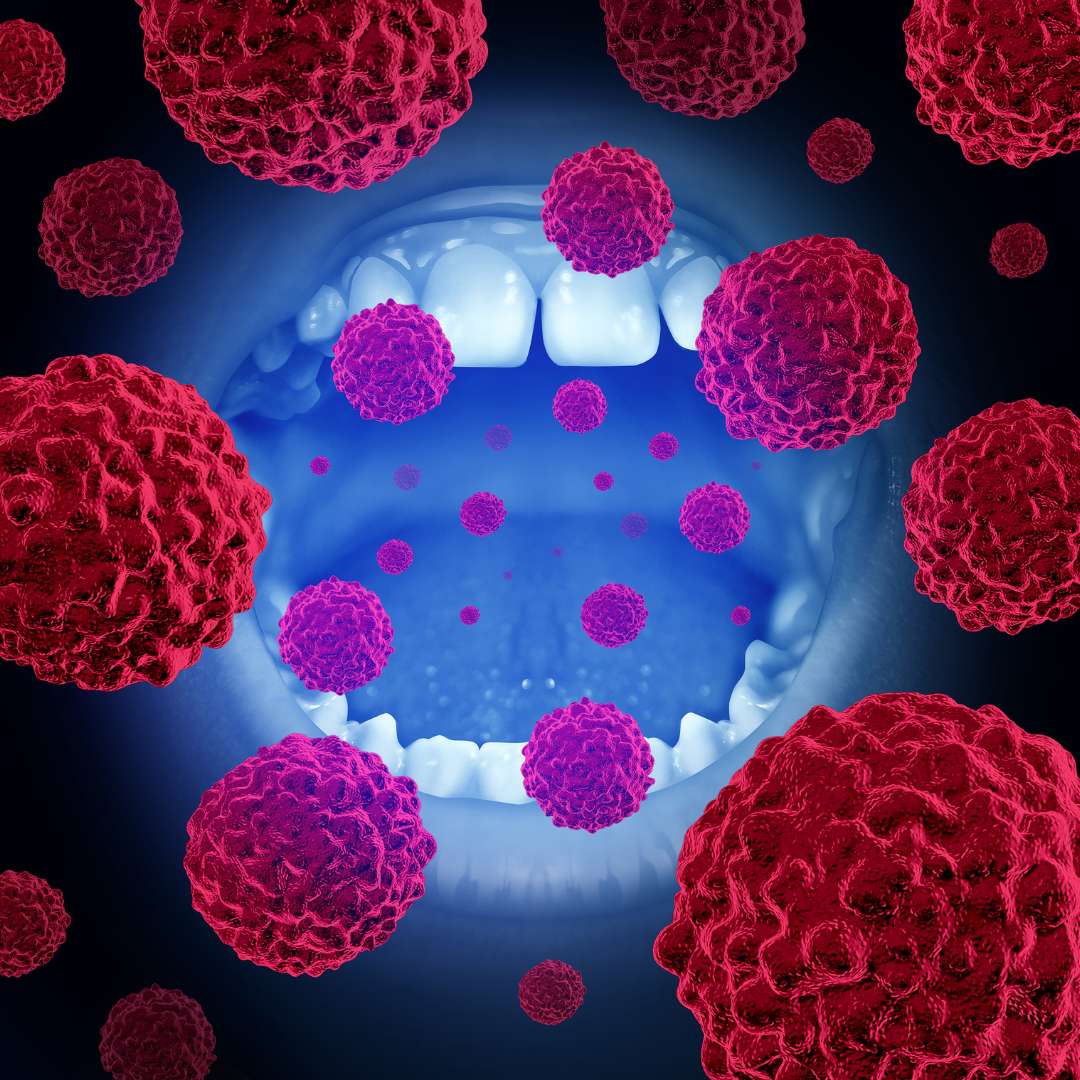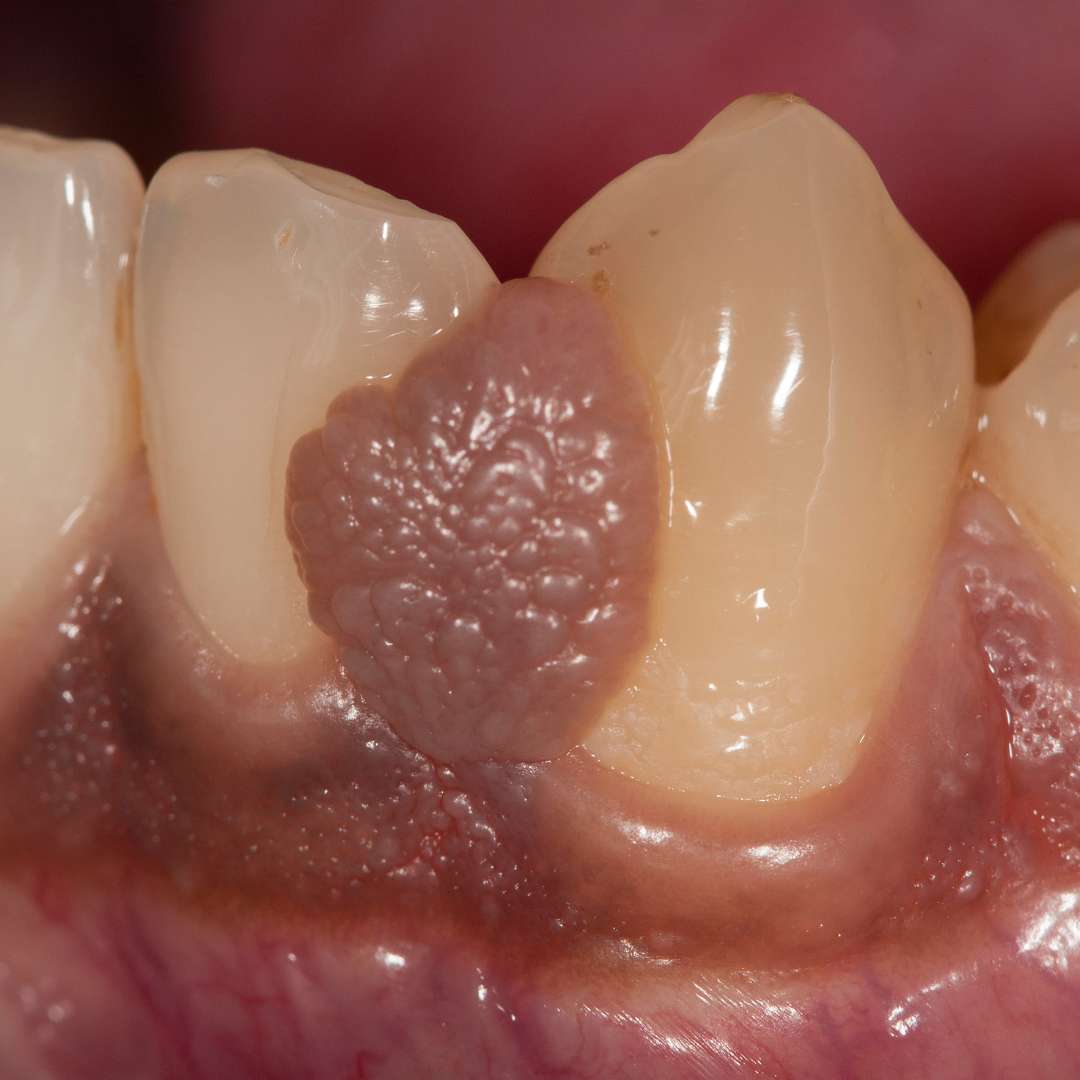
Service available at:
Find our clinic with ease using the directions provided on this page. Whether you’re coming by car, public transportation, or on foot, we’ve got you covered. Check out our hours to make sure we’re open when you plan to visit.
- Beliaghata UnitBeliaghata Unit
- Howrah Maidan UnitHowrah Maidan Unit
Oral Cancer Screening Kolkata:
Oral cancer screening is a process used to detect signs of oral cancer in the early stages. It is an important part of maintaining oral health and can help to detect cancerous or precancerous cells before they become more advanced.
During an oral cancer screening in Kolkata, the dentist or dental hygienist will visually examine the inside of the mouth, including the lips, cheeks, tongue, gums, and throat. They will look for any signs of abnormal growths, red or white patches, or other changes in the appearance of the oral tissue. They may also feel the jaw and neck for any lumps or swelling.
In addition to visual and physical examination, some dentists may use specialized tools such as a lighted scope or a brush to collect cells for examination under a microscope.
Oral cancer screenings are typically performed during regular dental check-ups, but may be recommended more frequently for people who are at high risk of oral cancer, such as those who smoke or chew tobacco, have a history of heavy alcohol use, or have a family history of oral cancer.
Early detection of oral cancer can greatly increase the chances of successful treatment and recovery. If oral cancer is detected, further testing such as biopsy may be needed to confirm the diagnosis and determine the appropriate course of treatment.
What you can expect:
It is important to note that oral cancer screening is a part of a comprehensive oral examination and not a stand-alone test. It’s also important for people to be aware of any changes in their oral health and to seek professional help if they notice any signs or symptoms of oral cancer such as:
- Sores in the mouth that do not heal.
- Red or white patches in the mouth.
- A lump or thickening in the cheek.
- A sore throat or feeling that something is caught in the throat.
- Difficulty or pain when swallowing.
- Hoarseness or change in the voice.
Overall, oral cancer screenings are an important part of maintaining oral health and can help to detect cancerous or precancerous cells in the early stages. It is recommended that people have regular oral cancer screenings as part of their regular dental check-ups and to be aware of any changes in their oral health and seek professional help if they notice any signs or symptoms of oral cancer.
FAQs About Oral Cancer Screening in Kolkata:
Oral cancer screenings are typically performed during regular dental check-ups, but may be recommended more frequently for people who are at high risk of oral cancer, such as those who smoke or chew tobacco, have a history of heavy alcohol use, or have a family history of oral cancer.
During an oral cancer screening, the dentist or dental hygienist will visually examine the inside of the mouth, including the lips, cheeks, tongue, gums, and throat. They will look for any signs of abnormal growths, red or white patches, or other changes in the appearance of the oral tissue. They may also feel the jaw and neck for any lumps or swelling. In addition to visual and physical examination, some dentists may use specialized tools such as a lighted scope or a brush to collect cells for examination under a microscope.
No, oral cancer screenings are not painful. The examination may cause some mild discomfort, but it should not be painful.
Oral cancer screening is a part of a comprehensive oral examination and not a stand-alone test. It’s important to have a full oral examination including oral cancer screening as part of your regular dental check-ups.



Aftercare of oral cancer screening treatment:
After an oral cancer screening, it is important to follow any instructions provided by your dentist or dental hygienist. This may include:
- Monitoring any changes in the appearance of the oral tissue, such as sores or lumps, and reporting them to your dentist or dental hygienist.
- Following a good oral hygiene regimen, including brushing and flossing regularly, to maintain overall oral health.
- Quitting or avoiding smoking and other tobacco products, as well as moderating or avoiding heavy alcohol consumption, as these are major risk factors for oral cancer.
- Scheduling follow-up appointments as recommended by your dentist or dental hygienist.
If a patient is found to have oral cancer, they will need to undergo further testing and treatment, this may include surgery, radiation therapy, chemotherapy or a combination of them.
It is also important to be aware of any signs or symptoms of oral cancer and to seek professional help if you notice any changes in your oral health. If oral cancer is detected during the screening, the patient will have to have a biopsy to confirm the diagnosis and determine the appropriate course of treatment. The patient will be referred to a specialist, such as an oral surgeon or an oncologist. The patient will have to undergo further tests and procedures such as CT scans, MRI and PET scans to check the extent of the cancer. After the diagnosis and staging, the patient will be advised on the best course of treatment.

